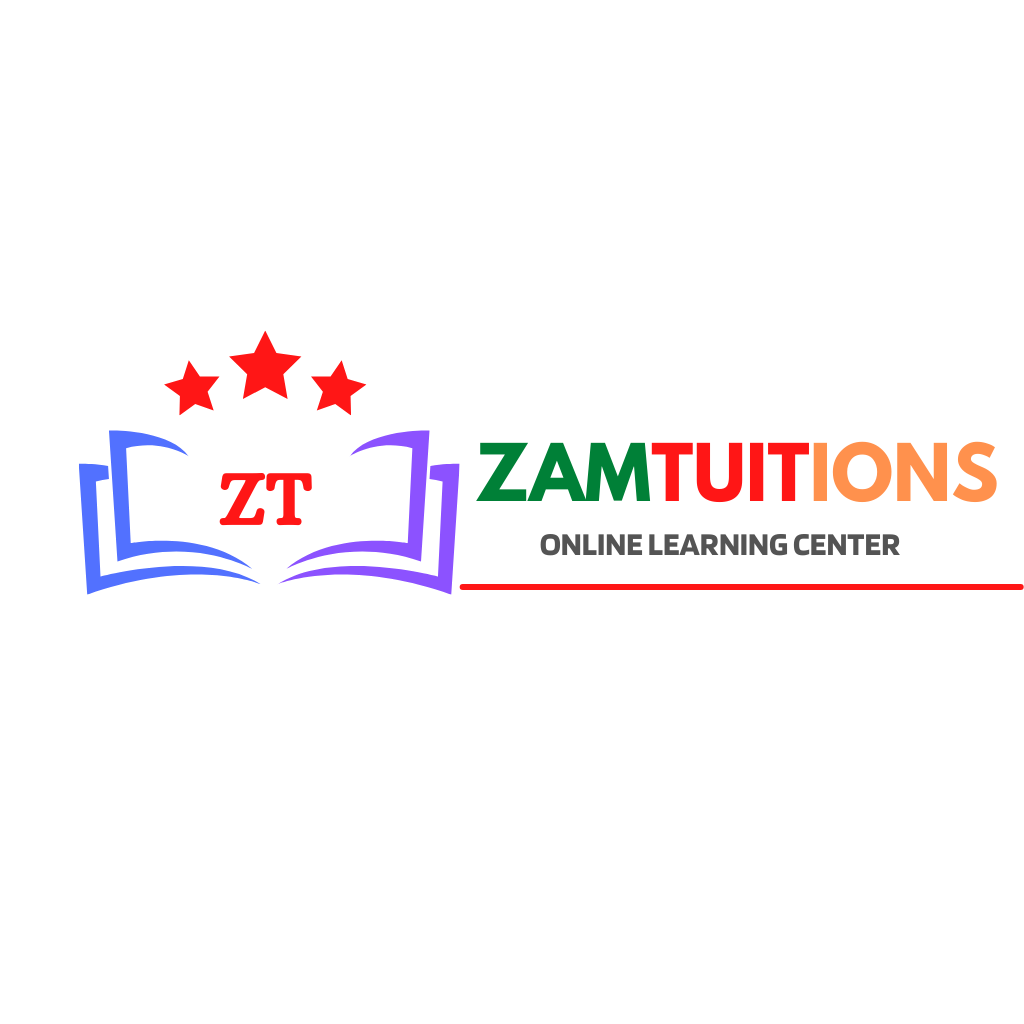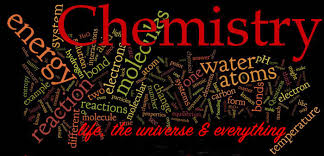About Course
Science is essential for meeting our basic needs of food, clothing, shelter, health, energy, and clean air, water, and soil. Chemical technologies enrich our quality of life in numerous ways by providing new solutions to problems in health, materials, and energy usage.
This section of revision Chemistry and Physics will therefore, engage our students on exam questions and technique so as to ensure a 100% pass in sciences. Students will be given an opportunity to ask questions on this same platform.
Science plays an important and useful role towards the development and growth of a number of industries. This includes industries like glass, cement, paper, textile, leather, dye etc. We also see huge applications of chemistry in industries like paints, pigments, petroleum, sugar, plastics, Pharmaceuticals.
Our students will be prepared in all fields of science not only for exams, but also for future application of sciences. This will be done through live talks, videos, pamphlets and question and answer sessions.
Course Content
Organic Chemistry revision questions
-
Lesson 1. Organic chemistry Exam Questions. Question One
10:01 -
Lesson 2. Alkanes
00:00 -
Lesson 3
08:54 -
Question 2. Revision
07:35 -
Revision Question 4
07:20 -
Chemistry lab 1 DEMO
-
Alkanes
Alkenes
Alkanols
RATE OF REACTIONS
CHEMICAL ENERGETICS
REDOX REACTIONS
REVISION QUESTIONS(Physics)
STOICHIOMETRY & THE MOLE CONCEPT
EMPIRICAL & MOLECULAR FORMULAE
WORK, ENERGY & POWER
ELECTRICITY
Science Quiz
MAGNETISM
RADIO ACTIVITY
SALTS
OXIDES
Student Ratings & Reviews



